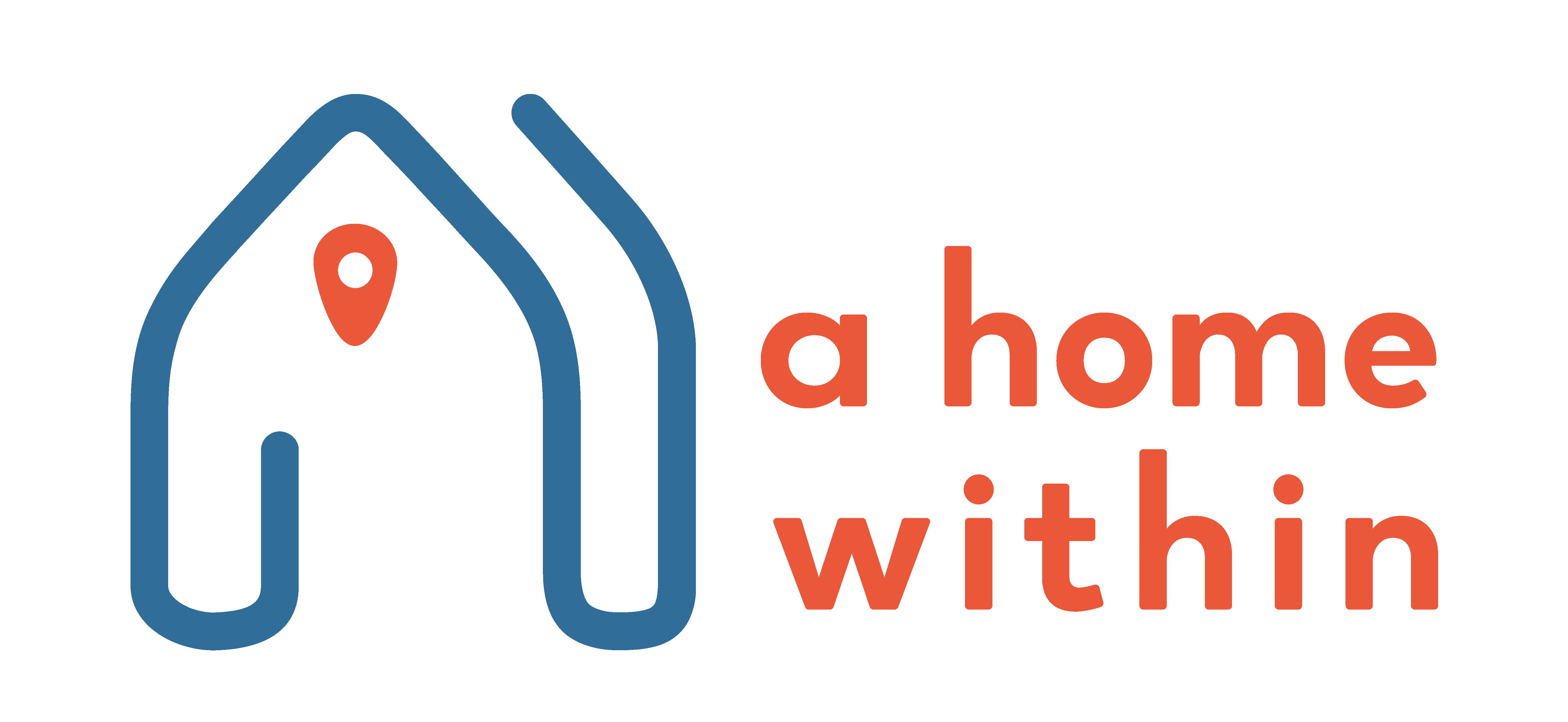Information Hub / BlogWe Live In Hope
This week’s settlement marks the end of a hard-fought battle to improve mental health services for California’s foster youth. We should applaud the work of the advocates and state agencies that struggled for over nine years to craft an agreement designed to improve the emotional well being of foster children and youth.
I am always inclined to greet news like this with cautious optimism, ever hopeful that good intentions will result in more and better services for these vulnerable young people. Cautious because, however difficult it might be to arrive at far-reaching plans and programs, implementing them will be even tougher.
Children who are already in or in danger of entering the foster care system have led hard lives. Most have been neglected by parents who have been unable to care for them adequately because of mental illness or substance abuse. Some have been physically or sexually abused. Many have been in the care of a number of different friends or relatives before they enter care. Once in care, they may cycle through multiple foster homes, caseworkers, pediatricians, and therapists.
Extreme instability in a child’s life creates a psychological instability that presents daunting challenges for even the most experienced and well trained mental health professionals. If the state of California is going to deliver on the promises of this settlement, it will need the support and expertise of professionals from both the public and private sectors.
One of the simple reasons that foster children don’t get adequate mental health services is that there are not enough resources in the public sector to meet the very substantial need. Unfortunately, legal settlements and legislation don’t create more professionals with the education and experience required to meet the complex needs of these children and families.
We know from personal experience that clinicians in the private sector are willing and able to do their part to help address this issue. Through A Home Within, mental health professionals in twelve communities across California volunteer their time so that foster children can have weekly pro bono psychotherapy with a consistent therapist “for as long as it takes.”
Our organization is not alone in mobilizing private sector resources to meet a public need. For example, through Give An Hour, therapists provide free sessions of psychotherapy to returning veterans and their families. And in clinics and offices across the country doctors and nurses, attorneys and accountants donate professional time to help meet the needs of those who depend on public services.
If we can create more opportunities for professionals in the private sector to work with our public agencies, we will all benefit. In addition to the direct advantages this gives the individuals involved, increased contact between these groups can help to narrow the gap between our public and private sectors and help California realistically to provide the quality care this settlement mandates.
We live in hope.
By Toni Heineman
